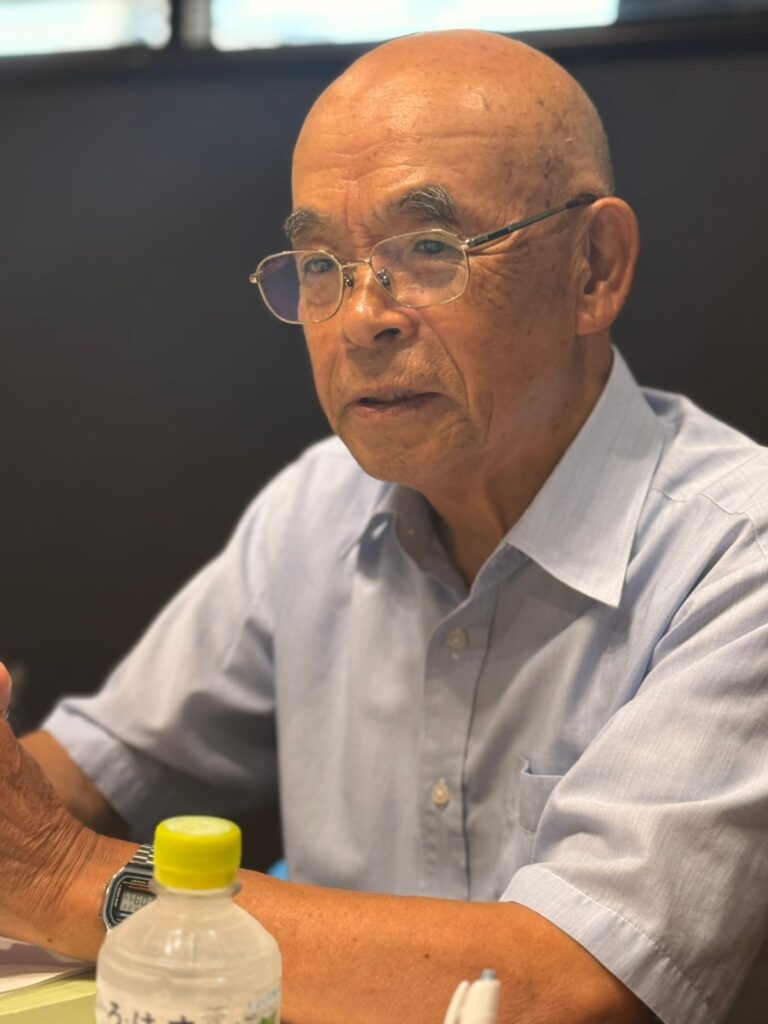In the heart of Hiroshima, where tragedy and hope converge, Kinhiko Sakura stands as a living testament to resilience. Born just months before the atomic bomb devastated the city on August 6, 1945, Kinhiko was only three kilometers from the epicenter when the world around him collapsed.
On that day, Hiroshima a bustling city of around 350,000 was reduced to rubble. His family of six was torn apart. His father, working four kilometers from the blast, narrowly survived, while his mother shielded him from the unknown horrors. “No one knew it was an atomic bomb,” he recalls. “We had no idea what to do or the effects we were exposed to.”
In the aftermath, the family struggled to survive amid hunger and radiation exposure. His sister died of starvation, and both of his parents later succumbed to cancers linked to the bombing. Kinhiko himself faced lifelong health issues, including kidney and liver problems that ended his schooling at just eleven years old.
Beyond physical suffering, survivors bore heavy social stigma. “I never spoke about my experience because of fear of being judged,” he shares. When he moved to Tokyo, a relationship ended after his partner’s family rejected him for being a survivor a wound that cut deeply.
Despite his pain, Kinhiko transformed his experiences into purpose. Today, as director of the Hiroshima Council of A-Bomb Sufferers Organisations, he advocates for survivors’ rights and pushes for the global abolition of nuclear weapons. “The devastation they cause is unimaginable. We must educate the world about the long-term effects of nuclear warfare,” he says.
Hiroshima’s Peace Memorial Park, now a serene tribute where thousands gather annually, symbolizes both remembrance and hope. The iconic Atomic Bomb Dome stands as a stark reminder of destruction and resilience. At such commemorations, Kinhiko’s voice resonates powerfully: “We gather not just to remember, but to ensure such horrors are never repeated.”
His advocacy extends beyond Japan, linking survivors of Nagasaki and nuclear test sites worldwide. For Kinhiko, the mission is universal: to honor the past, fight stigma, and build a future free from nuclear weapons.

